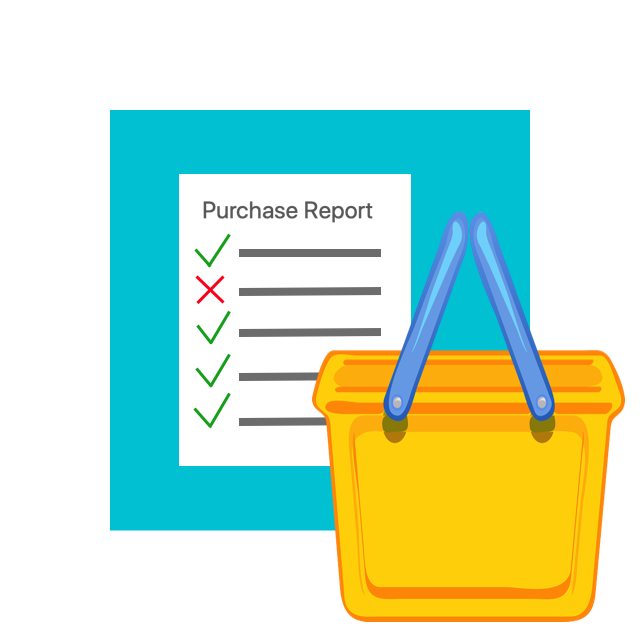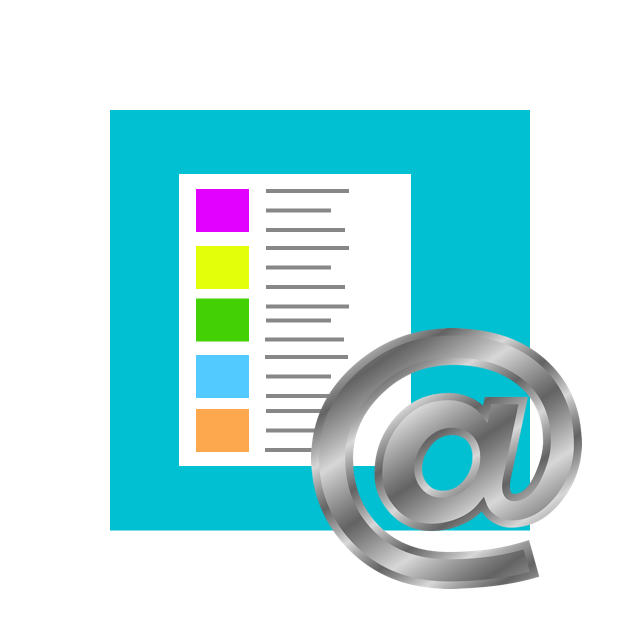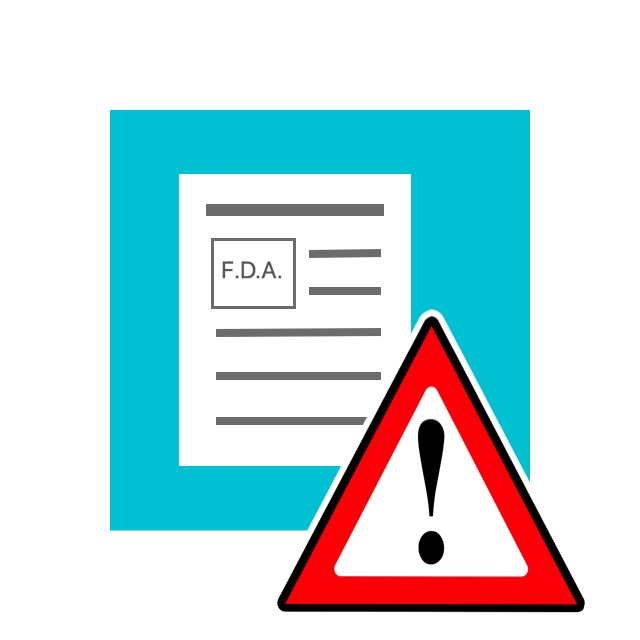
New document addresses specific food processes, anaphylaxis treatment, and additional safety considerations for schools during COVID-19 to keep students with food allergies safe.
READ ARTICLE HIDE ARTICLE
MILWAUKEE, WI – The American Academy of Allergy, Asthma & Immunology (AAAAI) and National Association of School Nurses (NASN) have released Food Allergy and Anaphylaxis in School during COVID-19 , a document that provides guidance for school nurses regarding food allergy management during COVID-19. This guidance comes on the heels of another document, School Attendance, Asthma and COVID-19 , which provides school nurses with a summary of overall recommendations for asthma management in schools during the pandemic.
The new document covers important considerations for students with food allergies that are attending school in-person during COVID-19. Safe practices when it comes to food allergies are addressed as well as additional considerations for students with allergies and asthma. In the time of social distancing students may not be eating meals only in the cafeteria, and this document details how normal food allergy safety procedures must continue no matter where mealtimes are taking place.
A case scenario is also presented concerning a student with peanut allergy who complains of abdominal discomfort during lunch. It lays out what should be done in the situation, including the personal protective equipment (PPE) that should be used, the administration of epinephrine, and how the student should be cared for while awaiting emergency services.
Julie Wang, MD, FAAAAI, who helped create the document, discussed why food allergy is an important topic to be discussed as students return to in-person learning. “During COVID-19, specific processes when it comes to food allergies and anaphylaxis need to be addressed and reinforced so that students with food allergies can attend school safely. This document provides guidance for schools to help them follow best practices for food allergy safety, even as adjustments must be made due to COVID-19.”
Donna Mazyck, NASN Executive Director, also commented on the joint document. “School nurses are front-line providers of healthcare in schools and are in a unique position to be responsible for student health, safety, and learning. It is vital to have evidence-based considerations for managing students with food allergies during COVID-19. Food allergies have increased significantly for students over recent years and providing a science-based approach to guide school nurse practice improves the health, safety, and wellbeing of students.”
You can also learn more about COVID-19 and food allergies on the American Academy of Allergy, Asthma & Immunology website, aaaai.org .
About AAAAI
The American Academy of Allergy, Asthma & Immunology ( AAAAI ) represents allergists, asthma specialists, clinical immunologists, allied health professionals and others with a special interest in the research and treatment of allergic and immunologic diseases. Established in 1943, the AAAAI has more than 7,100 members in the United States, Canada and 72 other countries. The AAAAI’s Find an Allergist/Immunologist service is a trusted resource to help you find a specialist close to home.
About NASN
The National Association of School Nurses is a non-profit specialty nursing organization, first organized in 1968 and incorporated in 1977, representing school nurses exclusively. NASN has more than 17,000 members and 50 affiliates, including the District of Columbia and overseas school nurses. The mission of NASN is to optimize student health and learning by advancing the practice of school nursing. Please visit us at www.nasn.org.
Learn More from AAAAI





